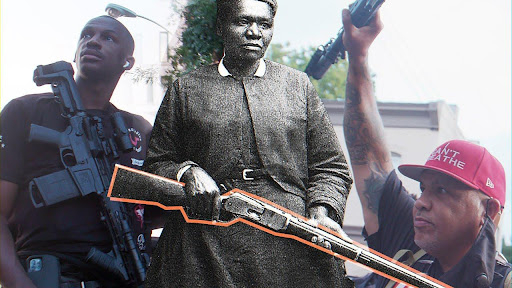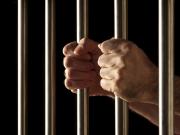
Qinling Li's perception of self-protection and gun rights changed after putting together her research and interview results in a documentary titled "The Reawakening of the Black Gun-Rights Movement," which won the Second-Place award in the National Political/Government Reporting. The journalist was surprised by the revelations of the project, discovering that black gun ownership has such a long history.
As a journalist that was born and raised in China, Qinling knew she had a lot to learn before starting with this project since she grew up in a society that has extremely strict restrictions on gun ownership. In addition to the independent research Qinling completed herself, she interviewed Robert J. Cottrol, Professor of Law, History, and Sociology at George Washington University.
"Professor Cottrol is an expert in both law and history. He wrote an essay 'The Second Amendment: Toward an Afro-Americanist Reconsideration'," Qinling explains, "there was an urge for black voter registration back in the 1950s. But the Ku Klux Klan was intimidating and killing those who were registering black voters. And groups were already being formed to protect the black community."
One of the most significant insights Qinling gained was that in a country where it is barely possible to completely prohibit guns, an effective solution must be developed to help minority groups. According to her, actions have to be taken as opposed to giving empty promises, especially due to the unfair treatment of affected groups in ways that no one can see.
In order to show the audience the most realistic reaction of black citizens, Qinling lived in Richmond, Virginia for approximately three months and kept doing follow-up shoots. After the tragic death of George Floyd, the Black community of Richmond led their own protests, organizing a rally and spraypainting the Robert Lee Statue, which was later turned into the center of the local Black Lives Matter movement.
"I just wanted to remind people of a history that can potentially trigger some rethinking about a lot of issues that still remain controversial," Qinling further added, "For example, I am an anti-gun person myself. But what I learned in this project has really got me to rethink that."
Qinling believes it is understandable for the Black community to want to defend themselves with guns due to the unfair treatment of minority groups. However, it is even more important to have their voices heard and better solutions introduced.









